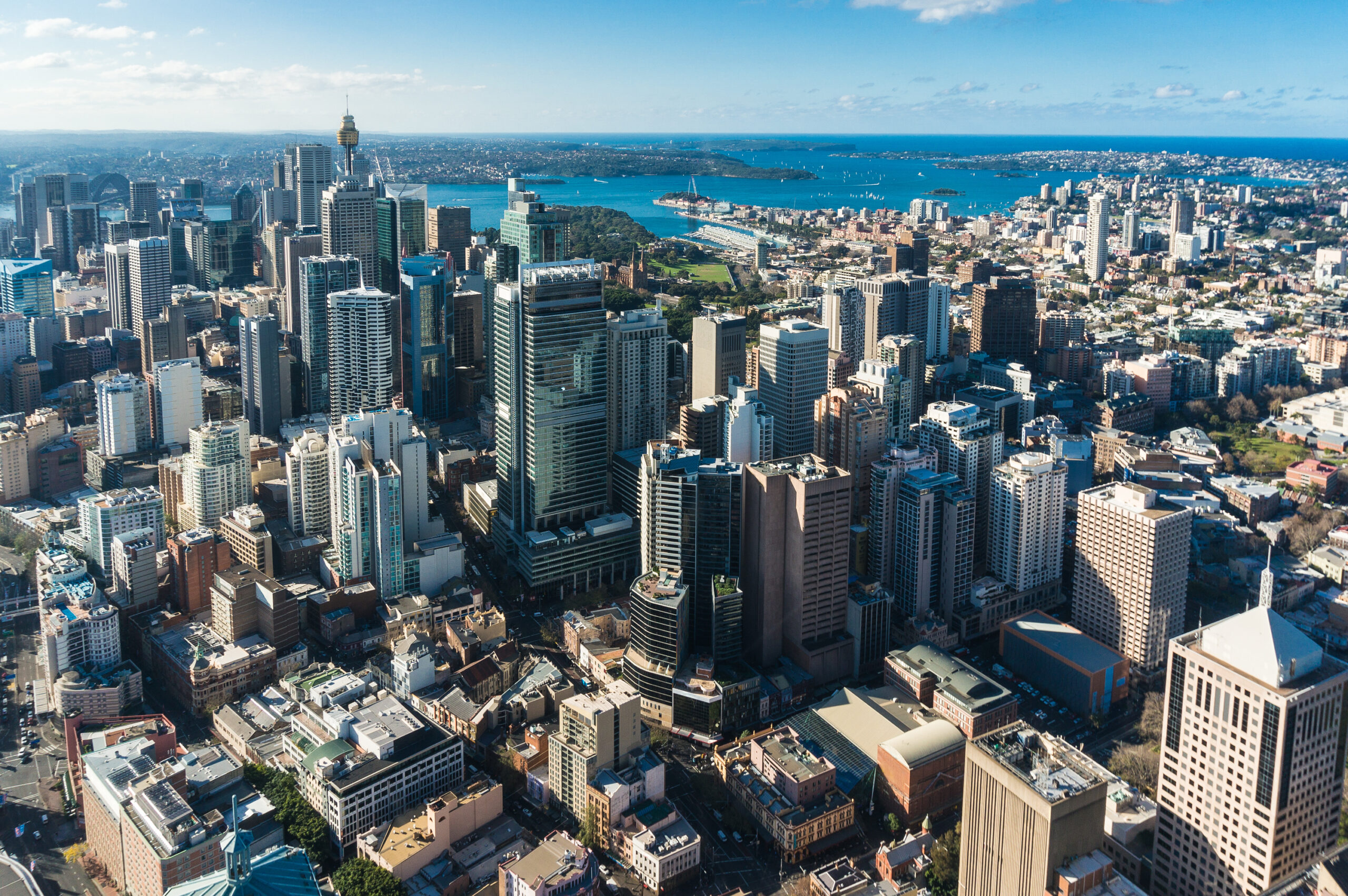In this article:

Australian mortgage holders received the 8th and final interest rate increase of 2022, with the Reserve Bank of Australia (‘RBA’) increasing the official cash rate by a further 0.25%, leaving the official rate at 3.1%.
How does this affect borrowers?
Say for example, your home loan interest rate were to increase from 5% to 5.25%, you would experience an increase of $15.38 per month, per $100,000 borrowed, in terms of minimum monthly repayments over a 30 year loan term. For example:
- Repayment increase on a $400,000 loan = $61.52
- Repayment increase on a $600,000 loan = $92.28
- Repayment increase on a $800,000 loan = $123.04
It’s not pretty reading for mortgage holders, who will continue to bear the brunt of interest rate rises as the RBA continues to increase rates in an attempt to stabilise Australia’s economy.
In its official press release following the RBA’s monthly meeting, RBA Governor Phillip Lowe said:
“Inflation in Australia is too high, at 6.9 per cent over the year to October. Global factors explain much of this high inflation, but strong domestic demand relative to the ability of the economy to meet that demand is also playing a role. Returning inflation to target requires a more sustainable balance between demand and supply.”
“A further increase in inflation is expected over the months ahead, with inflation forecast to peak at around 8 per cent over the year to the December quarter. Inflation is then expected to decline next year due to the ongoing resolution of global supply-side problems, recent declines in some commodity prices and slower growth in demand.
The RBA acknowledged the lag effect of their decisions, admitting that “the full effect of the increase in interest rates is yet to be felt in mortgage payments. Household spending is expected to slow over the period ahead although the timing and extent of this slowdown is uncertain. Another source of uncertainty is the outlook for the global economy, which has deteriorated.”
What’s happening to property prices?
Despite the average price or value of a property suffering another month of decline, property prices are trending upwards since the major decline in house prices in August.
CoreLogic’s national Home Value Index (HVI) provides a monthly record of the value of houses across Australia. In its November report, CoreLogic said, “National home values continued to fall in November, down -1.0% over the month to be -7.0%, or roughly -$53,400, below April’s peak.”
“The easing in the pace of decline is mostly emanating from Sydney and Melbourne, but is also evident across many of the smaller capitals and most regional markets.”
CoreLogic’s Research Director, Tim Lawless said that just three months ago, property prices in Sydney were falling at a monthly rate of -2.3%, compared to this month, where property prices are falling at a steadier rate of -1.3%.
“Potentially we are seeing the initial uncertainty around buying in a higher interest rate environment wearing off, while persistently low advertised stock levels have likely contributed to this trend towards smaller value falls. However, it’s fair to say housing risk remains skewed to the downside while interest rates are still rising and household balance sheets become more thinly stretched.
“There is still the possibility that the pace of declines could reaccelerate, especially if the current rate hiking cycle persists longer than expected. Next year will be a particular test of serviceability and housing market stability, as the record-low fixed rate terms secured in 2021 start to expire,” Mr Lawless said.
It’s going to be an interesting first few months of 2023 for house prices…
Some good news for mortgage owners heading into 2023
Stephen Koukoulas appeared on this month’s Property Insights episode to give you the inside scoop on all things interest rates and to discuss where our economy could be headed in the New Year.
Koukoulas, like other commentators, emphasised some positive aspects of the economy that good spell good news for mortgage holders and future borrowers:
“The things that cause inflation to go up are now starting to ease. It hasn’t shown up in our inflation data yet, but it will. That is why the RBA only increased the cash rate by 0.25% last month,” said Koukoulas.
“Also in the past month, we’ve had a range of really interesting indicators that could mean good news for inflation: retail sales were weak in the month of October, they actually fell point 2%, which is the first fall this year. So consumers are reacting to the higher interest rates and falling house prices.”
Predicting December’s 0.25% increase in the cash rate, Koukoulas went through each of the factors that the RBA board would have considered before deciding to increase the cash rate one final time in 2023, however, he believes they’ll “take a pause” now.
“The RBA knows there is a lag effect from when they announce a rate hike to when the hikes impact on you and me, whether we’re borrowing or spending, or you’re a business person or consumer – there is a lag and that lag can be anywhere from three to 12 months.
“Consumer sentiment is still pretty weak. So when consumers are feeling gloomy, they tend to be a bit cautious with their spending, in fact, you’re probably forced to scale back your spending. And that will feed through into a slower economy.
“With this latest rate rise and the lag effect everyone has been talking about, we’re probably going to be starting to see that inflation rate coming down. That’s the story for 2023.”
What are our brokers saying?
We reached out to a few brokers for some simple tips and comments on what steps you can take following the last rate rise of 2022:
Darren Williams, Branch Principal & Mortgage Broker YBR Inner Melbourne:
“Current interest rate increases mean we need to watch our monthly budgeting and discretionary spending. Clients who are doing this are experiencing a positive home loan purchase or refinance experience. Housing prices look to be dropping a little which is a positive to purchasers. At the end of the day, if you’re concerned about your repayments, reach out to a mortgage broker to lean on their expertise and support.”
Tom Haggie, Branch Principal & Broker YBR North Sydney:
‘If you have come off a fixed rate recently it is important to review your loan with your broker to make sure you are not overpaying.”
Meena Bebawy, Principal & Broker, YBR Stafford:
“There’s no denying that some households are starting to feel the squeeze. If you put yourself in that category, now’s the time to consider implementing one or more of the below measures.
- Start building up a buffer
- Reduce expenses
- Talk to your trusted mortgage broker.”



